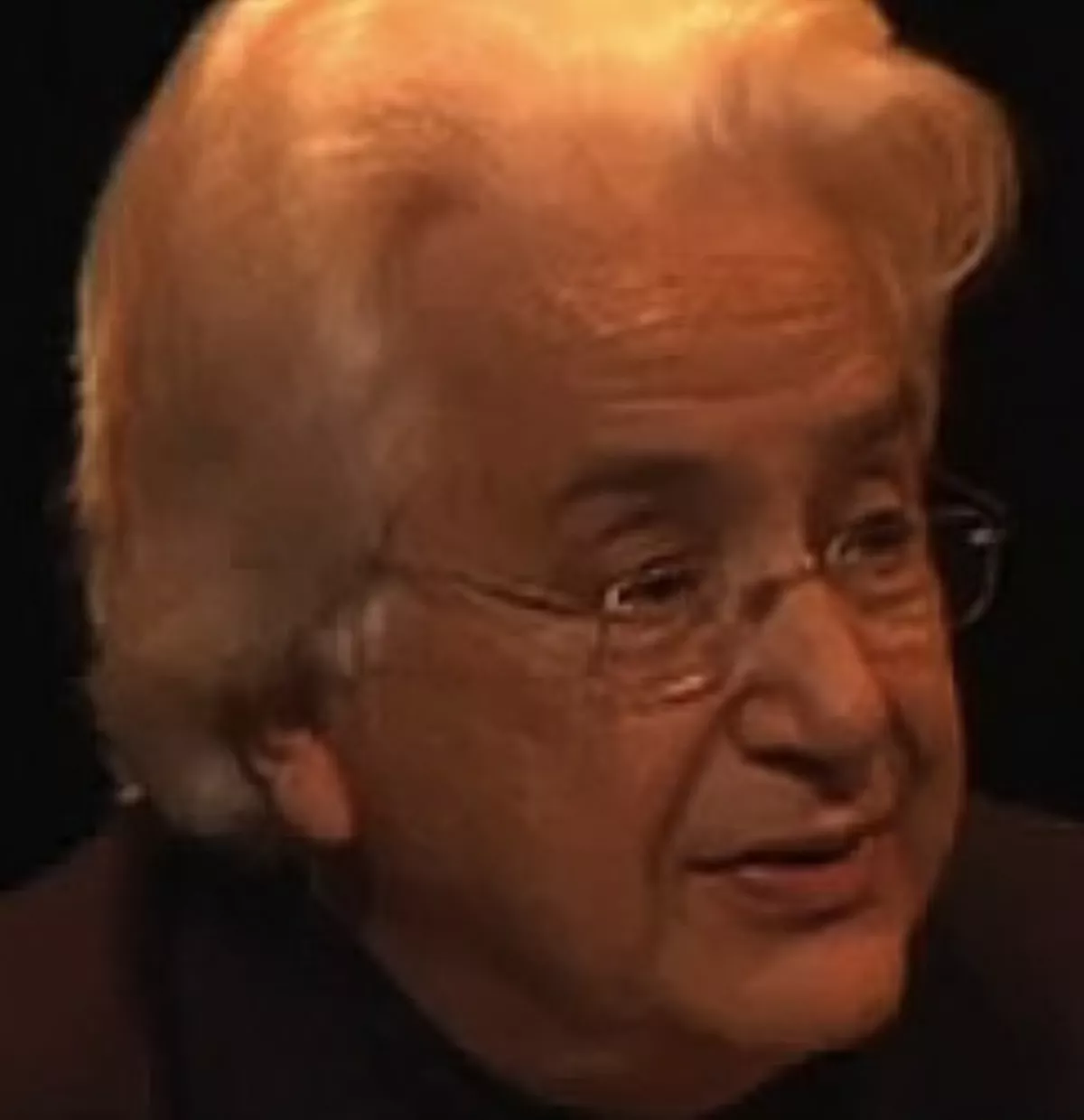 1.
1. Mohammed Arkoun was an Algerian scholar and thinker.

 1.
1. Mohammed Arkoun was an Algerian scholar and thinker.
Mohammed Arkoun was considered to have been one of the most influential secular scholars in Islamic studies contributing to contemporary intellectual Islamic reform.
Mohammed Arkoun's father was a shopkeeper in Ain al-Arba'a, a wealthy French settlement in east of Oran.
Mohammed Arkoun attended primary school in his Berber-speaking home village until he was nine-years-old.
Mohammed Arkoun established his academic reputation with his studies of the history and philosophy of Ibn Miskawayh.
Mohammed Arkoun authored numerous books in French, English, and Arabic, including: Rethinking Islam, L'immigration: defis et richesses and The Unthought in Contemporary Islamic Thought.
Mohammed Arkoun was decorated as a Commander of the French Legion of Honor in 2004, before that a Chevalier and Officer in 1984 and 1996, respectively.
In 2001, Mohammed Arkoun was asked to deliver the Gifford Lectures, which enable a notable scholar to contribute to the advancement of theological and philosophical thought.
Mohammed Arkoun taught at the Lyon 2 University, as a professor, and at the Paris 8 University, and at the New Sorbonne University of Paris.
Mohammed Arkoun appeared on numerous occasions on French TV and magazines, on Berbere Television speaking in Kabyle, his mother tongue, and on Al Jazeera speaking in Arabic.
Mohammed Arkoun died on the evening of September 14,2010, in Paris.
Mohammed Arkoun advocated a radical paradigm shift that would allow for the rethinking of Islam as a cultural and religious system and subvert ideological and dogmatic constructs with hegemonic claims.
Mohammed Arkoun was committed to contribute to an archaeology of the hidden, repressed, and marginalised elements of Islam, in order to uncover, and set free, what he called, 'the exhaustive tradition' of Islam.
Mohammed Arkoun developed an inclusive approach which seeks to deal with Islamic tradition in its entirety, including elements characterised by the religious leaders as heterodox, and therefore marginalised and repressed.
Mohammed Arkoun has adopted a multifaceted and holistic approach which looks between traditional dogma and axioms.